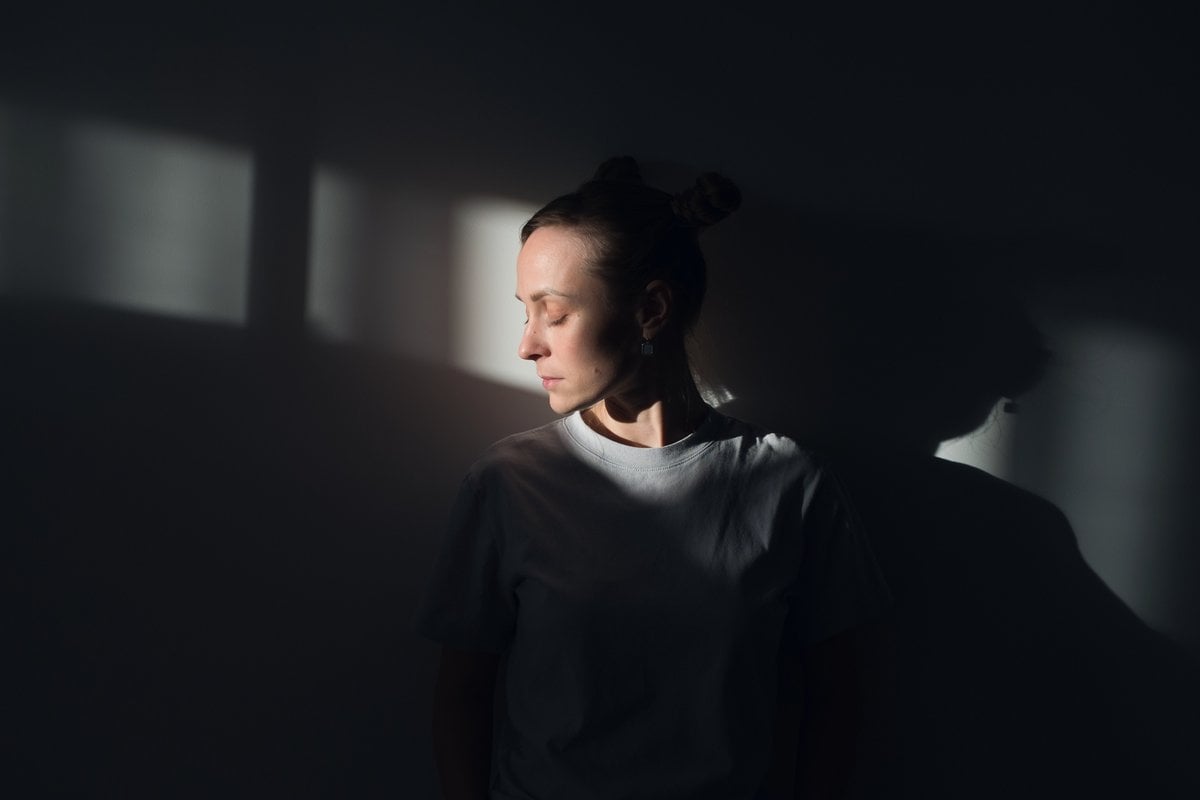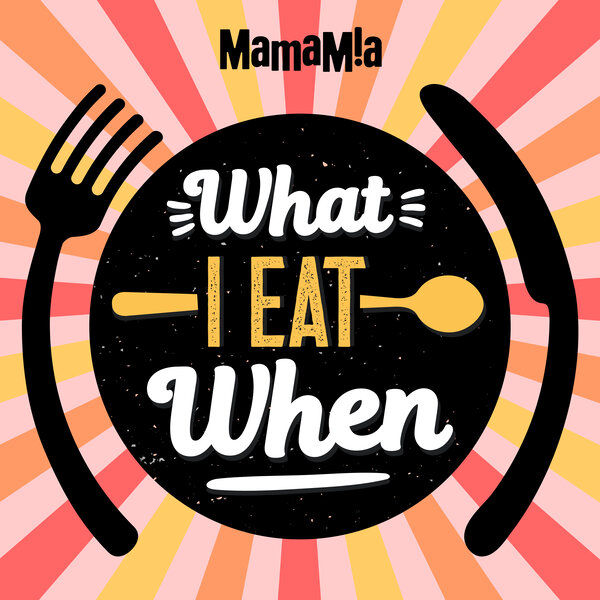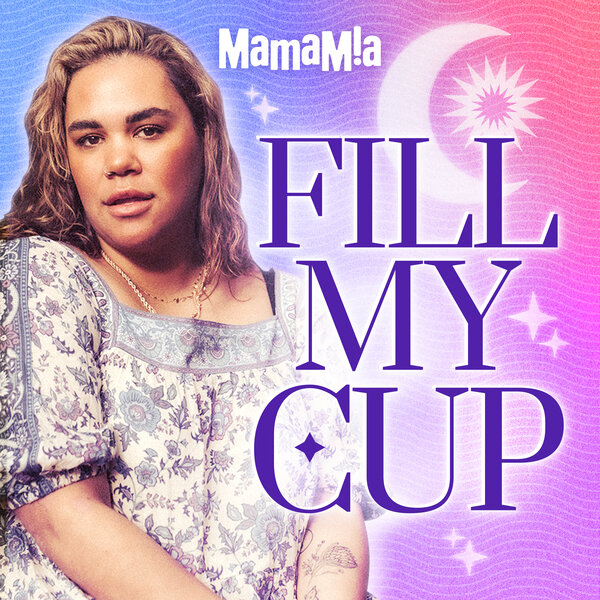
Warning: This post deals with suicide, and may be triggering for some readers.
I thought motherhood was always going to be part of my life. Life decided it had other plans. At the age of eight, I developed depression and anxiety, later compounded by post-traumatic stress disorder. At eight, the other girls at school dreamed of having babies. I dreamed of never waking up.
Nobody, not even me, thought anything was wrong. It was the eighties. No one knew anything about depressed eight-year-olds who hid in cupboards because they didn’t know how to stop crying. Who felt so unworthy of having a friend they bribed a girl in year three to be their best friend with a cheese-stick.
Flash forward to 1999 and my 19-year-old self was standing on the edge of the bridge over one of Perth’s major roads; my childhood home on one side of the bridge, my old primary school on the other.
Nine years of walking that bridge every day as a child had led me to this moment as a fledgling adult. I knew that if I jumped, I wouldn’t fly and I thought that was a pretty good thing. I then thought of my Dad. I crawled down and cried on the concrete floor of the bridge. I had no emotional wings. I had no emotional skin. I had so many painful emotions I didn’t know if I could keep myself alive anymore.
Mia Freedman talks to Melissa Hopkins, Head of Consumer Marketing at Optus, about revealing she suffers from severe depression. Post continues below.
But I fought, and here I am, 20 years later, and in recovery after going through hell. After 40 psychiatric hospital admissions, some lasting several weeks, some several lasting months. After 20 rounds of electroconvulsive therapy which left me with nothing, but took all my memories.


Top Comments
I can really relate to this. Even though I have 4 children, aged 39, 37, 31 and 21. I can remember feeling very depressed, anxious and afraid from the age of 8 onwards. It was probably a lot to do with growing up in an abusive household, and being worried about my mum and 7 siblings.I didn't get diagnosed with bipolar 1 until i was in my 40's. Before that, I just seemed to attract toxic people and situations into my life constantly. Especially my two ex husbands. I am so grateful for the medications and counselling that has helped me a lot. I do worry about whether my mental illness had a negative effect on my children. I do also sometimes wonder if I would have had a better and less stressful life if i had not had any children. Who knows. Maybe not. Maybe i would have gone further down the drugs path if i didn't have children to worry about. I am so in admiration of your recognition of the reasons that it's best that you don't become a mother. And you are definitely not invisible. You are seen. You are heard. You are appreciated.
Fantastic article. I just wanted to say, as a child-free woman to the childless author: I see you, and I stand with you.